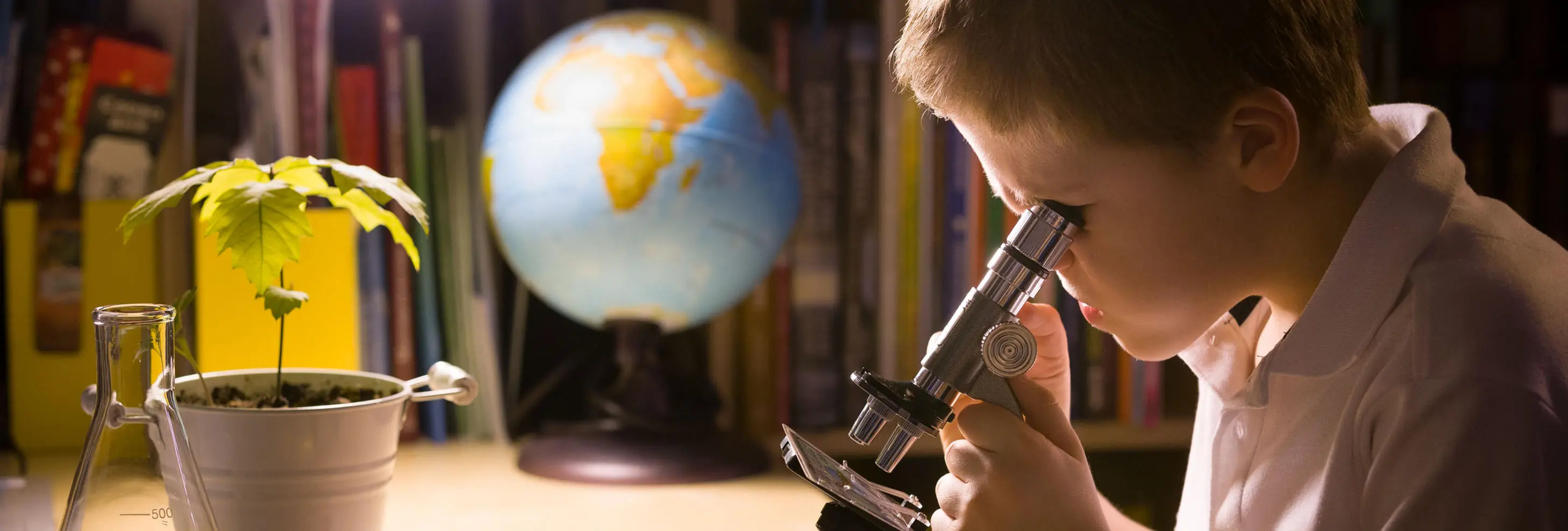New research warns of deepening inequalities among children as a result of school closures
New research from the University of Central Lancashire (UCLan) has revealed that primary school-aged children have missed out on significant science education while schools were shut over the UK’s first lockdown, particularly those in less affluent areas.
As part of the research, published in SN Social Sciences, researchers conducted two surveys between April and May 2020. One survey was of primary school teachers and one of parents of primary school-age children, exploring how science has been taught at home, and the impact of home schooling on the quality of science education.
Teachers in more deprived areas highlighted greater difficulty in translating science for home learning. In these areas, resourcing, internet access and parental ability to support learning were cited as barriers to setting science work, with two-thirds of teachers in these areas reporting that they found setting science difficult, compared to one-third in affluent areas.
35% of teachers highlighted that on average, less science was taught during the school closure period than would be taught in a normal week. In areas of high deprivation, this figure rose to 44%, compared to 29% in areas of low deprivation. Overall, 30% of teachers reported that students were asked to engage in science less than once a week, or not at all.
When parents were questioned, they cited maths and English as the most commonly set subjects, with 99% stating that these subjects were taught. Science trailed behind art and music (69%) at just 67%. One-fifth stated that their children had done no science at all, either in school or as part of extracurricular activity.
"These findings are deeply troubling. We know that early engagement in science is vital for later exploration of further education and careers in the subject"
— Cherry Canovan, research associate at UCLan
Cherry Canovan, research associate at UCLan, said: “These findings are deeply troubling. We know that early engagement in science is vital for later exploration of further education and careers in the subject. Children’s attitudes to science are largely fixed by the end of primary school, so we can’t wait until this cohort reaches secondary school to make up lost ground.
“Young people from less affluent backgrounds are already significantly underrepresented in science, and the pandemic has the potential to reverse all the work that has been done to widen participation in the field. Now that we have evidence of the impact of school closures on children’s science education, we must ensure that work is done to get children from all backgrounds re-engaged in science at primary school level.”
As students begin to return to school, the research laid out key recommendations intended to reverse the impact of home schooling and close the socio-economic gap when it comes to science education, including:
- Temporary relaxation of national curriculum rules to allow schools to focus on science areas that were difficult to teach at home such as the study of light and geology
- A unifying plan to catch up on science at local authority level
- Non-school science enrichment providers and widening participation organisations should focus efforts on curriculum areas that were underprovided during the period
- Funding bodies should consider whether emergency grants could be made available to schools in areas of high deprivation, specifically to provide science enrichment activities.
Researchers are also now setting out on the second phase of the research project. Phase two will explore in further detail the loss of learning that has occurred, and how effective efforts to reverse this loss have been.
The full article can be accessed online.
6 May 2021

